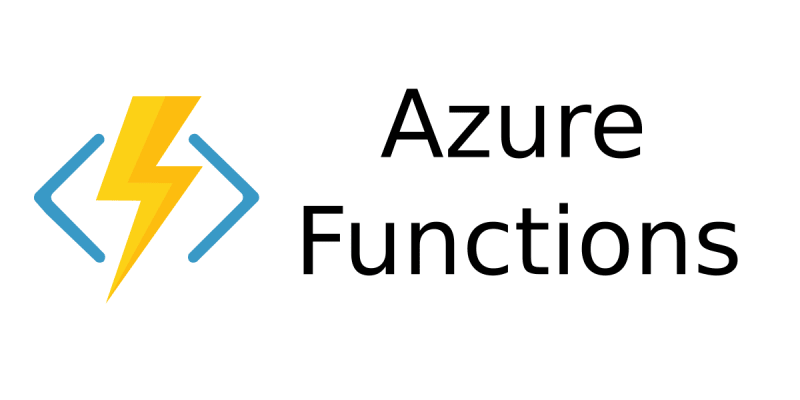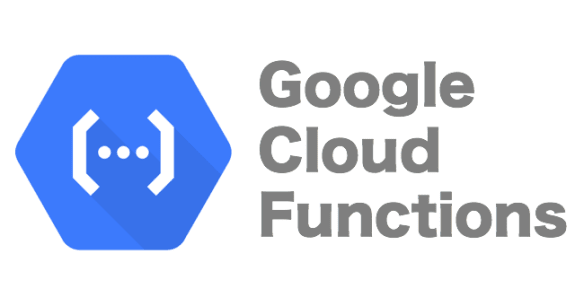Serverless computing has become increasingly popular in recent years, with many cloud providers offering serverless platforms. AWS Lambda, Azure Functions, and Google Cloud Functions are among the most popular serverless platforms around. We will look at these platforms in detail.
Languages and Runtimes
AWS Lambda supports several programming languages, including Node.js, Python, Java, C#, and Go. Azure Functions also supports Node.js, Python, Java, C#, and PowerShell. Google Cloud Functions supports Node.js, Python, and Go.Integration with Other Services
All three platforms offer integration with various services, such as databases, messaging services, and authentication services. AWS Lambda has the most extensive range of integrations, with over 200 services available. Azure Functions and Google Cloud Functions also offer several integrations but not as many as AWS Lambda.Pricing
All three platforms offer a pay-as-you-go pricing model, where users are charged only for the resources they use. However, the pricing structures differ between the platforms. AWS Lambda has a free tier that allows users to run up to 1 million requests per month for free. Azure Functions also has a free tier, but the usage limits are lower than AWS Lambda. Google Cloud Functions does not have a free tier but offers a pricing calculator that helps users estimate their costs.Scalability
All three platforms are highly scalable, meaning they can automatically adjust to handle changes in demand. However, the scalability features differ between the platforms. AWS Lambda allows users to set concurrency limits, which determines the maximum number of requests that can be processed simultaneously. Azure Functions and Google Cloud Functions also offer automatic scaling, but the scaling settings are less customizable than AWS Lambda.Monitoring and Logging
All three platforms offer monitoring and logging features to help users track their serverless applications' performance. AWS Lambda has the most extensive range of monitoring and logging tools, such as CloudWatch and X-Ray. Azure Functions and Google Cloud Functions also offer monitoring and logging tools but not as many as AWS Lambda.Community Support
All three platforms have large, active communities providing support, documentation, and resources. AWS Lambda has the most extensive community, followed by Azure Functions and Google Cloud Functions.
All three serverless platforms have their strengths and weaknesses. AWS Lambda has the most extensive range of features and integrations, while Azure Functions and Google Cloud Functions offer simpler and more streamlined solutions. When choosing a serverless platform, it's important to consider your specific requirements, such as programming languages, integrations, pricing, and scalability.






Top comments (0)